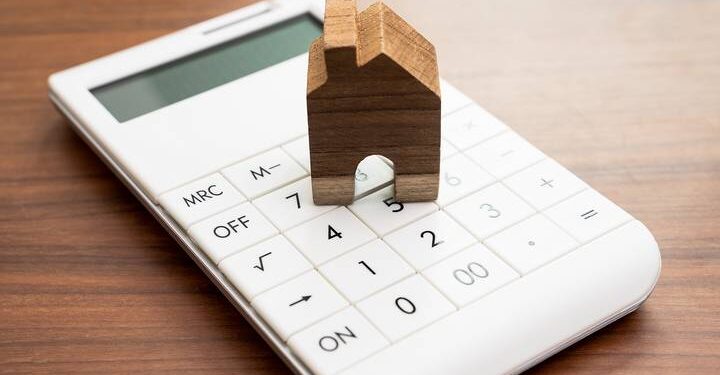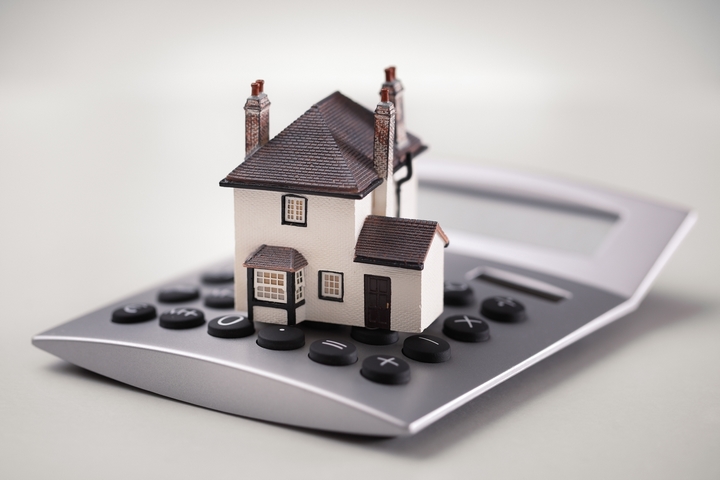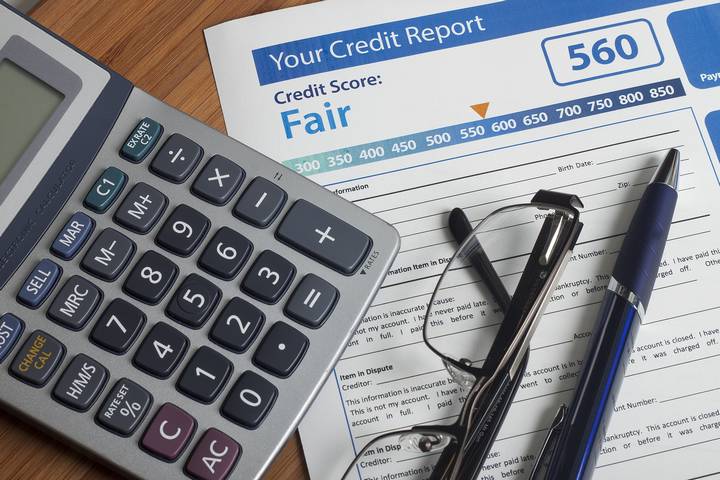How to Prepare Financially for a Mortgage

Taking the plunge into the mortgage world can seem like a huge financial step. It’s crucial to have a good plan. Many folks dream of owning their own homes, but getting a mortgage means you must look closely at your financial situation. If you plan, it can help. It gives you confidence and peace of mind as you gear up for this big move. With careful preparation, you’ll be better equipped to handle the process smoothly and enjoy the benefits of your new home.
Here are some tips on how to prepare financially for a mortgage:
Evaluate Your Current Financial Situation

Take a good look at your finances. Go through your income, expenses, and any debts you owe. Knowing how much you earn and spend each month can determine a mortgage payment that fits your budget. Keep things comfortable by ensuring the mortgage doesn’t put too much strain on your finances.
Also, check your debt-to-income ratio. Lenders use this to see how well you can manage payments. Your mortgage should ideally be no more than 28% of your monthly gross income. Use this as a guide to work out what’s manageable so you can live comfortably as a homeowner.
Establish a Savings Plan for Your Down Payment

Saving up for a down payment is an important step when getting ready for a mortgage. A larger down payment can lead to better interest rates and smaller monthly payments. It might feel overwhelming to save for it, but setting smaller monthly goals can make it easier. Decide how much you want to save each month and put that money aside regularly.
Even if the full 20% down payment isn’t necessary, putting in more than the minimum can help you save on your mortgage over time. Besides the down payment, remember the closing costs, which can be between 2% to 5% of the home’s price. Having this money ready will make the closing smoother.
Improve Your Credit Score

Your credit score plays a big role in getting a reasonable mortgage rate. You can access better rates with a higher score, leading to lower monthly payments throughout the loan. Begin by checking your credit report for any mistakes or issues that might hurt your score. If you find errors, fix them right away.
Pay your bills on time over the next few months, keep your credit card balances low, and avoid taking on new debt. These actions can gradually improve your score, making a big difference when you apply for a mortgage. Even a slight boost in your credit score can lead to significant savings over time, so it’s worth putting in the effort.
Get Help from a Mortgage Broker

Working with a mortgage broker can be helpful, especially when buying your first home. They can help you understand the loan options and connect you with lenders that suit your financial needs. Since they know the market well, they can find you reasonable rates to make your mortgage more affordable.
A mortgage broker also helps with the application process and handles the paperwork, which saves you time and stress. They know what is required and can help you avoid common mistakes. If you’re unsure where to begin or want to see different loan options, contacting a mortgage broker is a good starting point.
Create an Emergency Fund

Before taking on a mortgage, having an emergency fund is important. Owning a home comes with surprise costs like repairs and upkeep, and having money set aside can ease the burden of these unexpected bills. In an easy-to-access account, try to save enough to cover your expenses for three to six months.
If you haven’t started an emergency fund, consider putting aside a bit from each paycheque. Over time, this will build into a solid financial back-up, boosting your confidence as a homeowner. An emergency fund acts like a cushion, ensuring that you can still manage your mortgage payments even when costs arise.
Understand the Total Cost of Homeownership
Your mortgage payment isn’t the only cost to consider. Homeownership includes other expenses like property taxes, homeowner’s insurance, and maintenance. It’s important to consider these extra costs to understand what you’ll need each month. Estimating these expenses based on the area you plan to buy in can prevent surprises after moving in.
It’s also smart to budget for regular maintenance. Homes need routine care, and putting aside a bit each month can cover these costs. Knowing all the costs of owning a home helps you plan a realistic budget to feel ready and financially secure.
Seek Pre-Approval for a Loan
Before you start looking for a house, getting pre-approved for a mortgage is wise. This letter from your lender shows sellers you’re serious and have the money to back up your offer. The pre-approval process also helps you know how much you can borrow, giving you a precise price range to consider.
Pre-approval isn’t the same as getting the final loan, but it’s an important early step. It gives you a good idea of what you can afford, which helps narrow down your search for homes within your budget. Plus, it speeds things up when you’re ready to make an offer since much of the financial check is already done.


